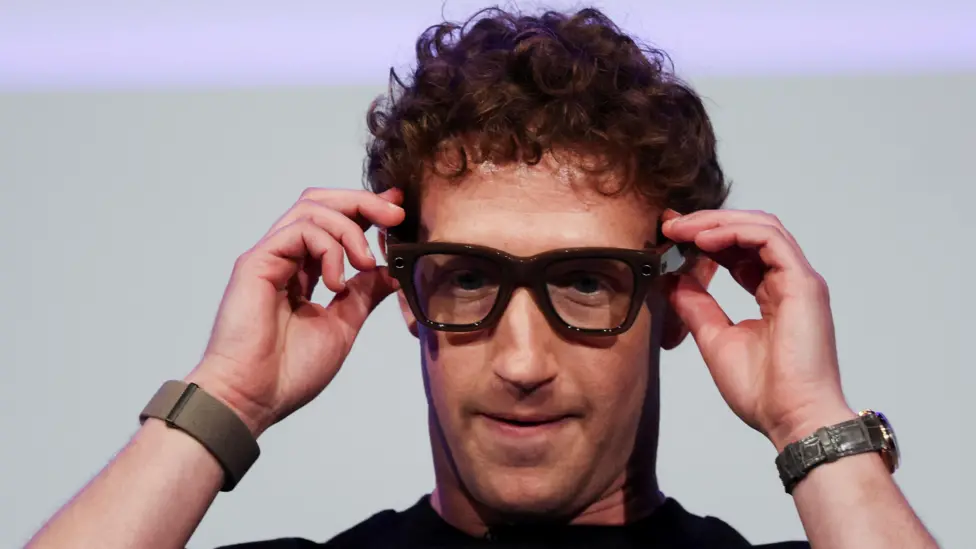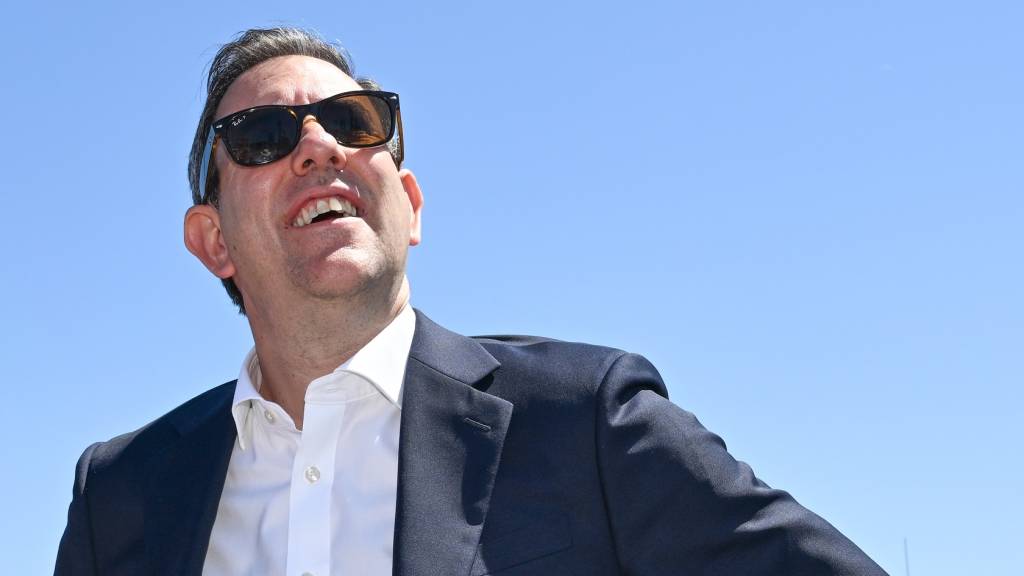How the 'Cult of the Entrepreneur' and the 'God in a box' are distorting long term investment and climate solutions

I listened to a bonus episode of the podcast Drilled this week, "The 'Carbon Dominance' Strategy Driving Trump's Anti-Renewable Spree". The link to the podcast is included in its accompanying article, "Trump Is Trying to Kill Renewables Everywhere", found here:

The article is written by Australian freelance journalist and author Royce Kurmelovs who also hosts the podcast episode. In the podcast, Royce interviews the political economist Mark Blyth who is a Professor at Brown University.
Professor Blyth says the Trump administration is engaging in what he calls a “strategy of carbon dominance where the basic idea is whoever controls the energy infrastructure of the 21st century runs the world, and the Americans are very scared that it's not gonna be oil and gas, and they're doing everything they can to make sure that it is.”
Professor Blyth explains that "Carbon Dominance" is basically when a Government turns stranding assets into a political strategy, with the result being, "an unstable and deeply uncertain operating environment that makes investment in new renewable energy projects impossible and threatens to render existing assets worthless."
It is a great article and podcast which I recommend reading and listening to. But at the end of the podcast, Royce asks Professor Blyth whether there is anything else he missed or wanted to highlight. The discussion that followed is what really fascinated me.
Professor Blyth discussed the "Cult of the Entrepreneur" and how long term investment is being distorted by the whims of oligarchs. I paraphrased the discussion into a single quote:
"...companies with budgets, orders of magnitude bigger than the public sector, run by man-children with massive egos, betting the farm on making a God in a box chimera [AI], where all it can do is bugger up higher education and people's ability to write things."
The "Cult of the Entrepreneur" is resulting in the US putting a large proportion of long term investment into artificial intelligence (AI). In the past, the US would have developed innovative technologies through its universities or government agencies like the Defense Advanced Research Projects (DARPA) before the benefits of this investment were taken up by the private sector.
Professor Blyth uses economics professor, Mariana Mazzucotto's example of the iPhone from her book, The Entrepreneurial State, where, "all the key technologies in the iPhone were basically made in public and private universities with federal money. And they had defense applications, and then Steve [Jobs of Apple] came along, put it in a shiny box, and changed the world."
Whereas nowadays, "there are massive private companies whose investment budgets are orders of magnitude bigger than anything that the universities could muster, or even the public sector would put out. And they're run by man-children with massive egos."
So Mark Zuckerberg's Meta has squandered almost a trillion dollars on the metaverse, and is now promoting at its Meta-Connect conference, its Live AI and neural wristband. The wristband pairs with its Meta Ray-Ban Display glasses (in partnership with sunglasses companies Ray-Ban and Oakley) to allow users to carry out tasks like sending messages with small hand gestures. Podcaster Luke Beasley humorously explains how badly Zuck's launch went here:
Professor Blyth describes this incredible arms race for Generative AI as a complete chimera which is never going to happen, and an example of almost a very Soviet way of thinking. He says that spending all this money, thinking that if we have enough of a quantity of transformation, that we will get a quality of transformation is insane, especially when the CEO's of these tech companies still can't tell us what the final use case is.
"Meanwhile, China continues to basically dominate sector after sector to invest in battery technology, etc. They've got an approach to Al, but they're not betting the farm on it. And the United States is betting the farm on it. It really is the strange moment where the 'Cult of the Entrepreneur' in the United States has blinded the country to what actually we need to do in long term investment, and we've bet the house all on this one critical technology, which as far as I'm concerned, all it seems to be able to do is to bugger up higher education and people's ability to write things."
Royce is concerned that the hype and the focus on artificial intelligence can be used to argue against doing anything about climate change. He says if AI is portrayed as a climate solution that will fix everything, and create new materials, etc. it will be used very much as a distraction and a convenient way to turn people away from investing in and focusing on just going all in on renewable energy technologies (wind, solar, batteries, etc.) For example, if you "figure out sodium batteries, you get rid of the need for thermal protection, then the cost of EVs drop by 30%. It's very simple. But it's not nearly as sexy as if we are making God in a box."
Ketan Joshi, an Australian freelance climate and energy analyst/writer, uses the term "Climate Vulture" to describe this intersection between the "Cult of the Entrepreneur" and the distortion of climate investment:
It is, I argue, now the era of the Climate Vulture: the grinning, glib dudebro breezily diverting the infrastructure of climate action to feed AI slop, carbon removal scams, geoengineering soon-to-be-scams etc. It's dinner time for the Climate Vultures. www.nytimes.com/2025/09/16/m...
— Ketan Joshi (@ketanjoshi.co) 2025-09-20T20:57:52.924Z
His latest article, touches on the distortion of climate investment and its impact on Australia's latest climate targets (Nationally Determined Contributions). The hype of AI by the "Climate Vultures" is creating sufficient uncertainty regarding the need for data centres to support AI growth, that Australia's climate targets were made less ambitious due to this uncertainty. A very disturbing development. You can read Ketan's article here:

You can find more information about Royce Kurmelov here, and his most recent book Slick: Australia's Toxic Relationship with Big Oil, here:

Professor Blyth's latest book Inflation: A Guide for Users and Loser can be found here:

You can find Professor Mazzucutto's book here:

Ketan Joshi is on Bluesky and he has his own website and book too:



The influence of the 'Cult of the Entrepreneur' was also seen during Donald Trump's visit to the UK this week where Sam Altman, CEO of OpenAI, Satya Nadella, CEO of Microsoft, Marc Benioff, CEO of Salesforce, Tim Cook, CEO of Apple, and Jensen Huang, CEO of Nvidia were in attendance at a Royal dinner.
Look who came with
— Olga Nesterova (@onestpress.onestnetwork.com) 2025-09-18T05:28:50.176Z











